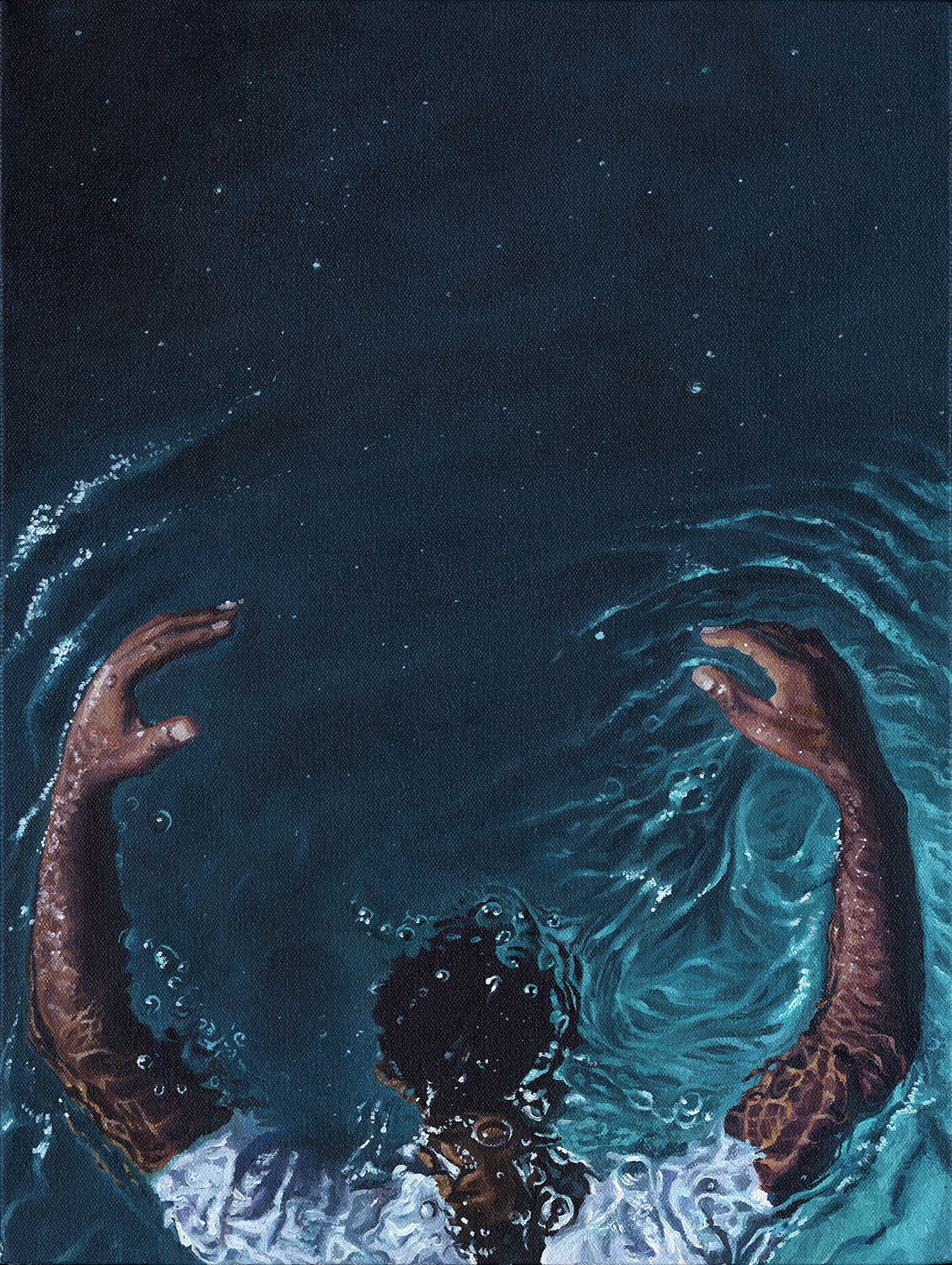My deep dive into magical realism continued this week, and this time around I dove into some of the critiques of the genre and why many authors actually shun the label. It might seem like an odd direction to go in, especially considering my self-professed love of the genre. But that is exactly what this year’s challenge is all about. Going beyond the initial “I love this!” reaction to art and understanding its many nuances.
For example, I’ve written before about how magical realism literature originated in Latin America in the 1960s and 70s. One Hundred Years of Solitude by Gabriel García Márquez is considered to be the first magical realism novel, with countless others following in its wake. What I didn’t know was that this appears to have pigeonholed all Latin American authors into this category for decades since, regardless of whether or not their writing fits this description. For example, Jorge Volpi writes about how magical realism suddenly became a sociopolitical tag for a whole region. Whereas Fernando Sdrigotti writes about how magical realism became a choke chain for Latin American authors. And as I read these articles all I could think was, “Are you kidding me?”
It makes absolutely no sense to me that just because a literary movement began in one location, it is now assumed that all authors from that region write only in this genre going forward. It would be like saying all French painters have to be Impressionists. Or all American musicians have to be hip hop artists. It’s absurd. To be clear, I am in no way doubting that Latin American authors have felt marginalized by this stereotype. I just couldn’t believe that people could be so basic. But then I shared a new punk band discovery with someone earlier this week, and they genuinely reacted with shock that punk bands exist in Korea. Apparently if you want to be a musician and happen to be Korean, it’s K-pop or nothing. Ridiculous.
I also read other critiques of magical realism from authors outside of Latin America, and these critiques all centred on the fact that magical realism as a genre can be used to exoticize BIPOC writers and their culture. Furthermore, the very definition of magical realism itself can often be from a very Eurocentric view. What is considered magical to European sensibilities can sometimes be considered natural phenomena in other cultures.
All of this is to say that this week has given me a lot to think about. I’m also still making my way through both One Hundred Years of Solitude and The Water Dancer, so it’s been a lot of reading in general. And I’m loving it.
Happy Sunday all! See you next week.
Suggestions for artists I should check out? Please contact me with your ideas. I hope you enjoyed your daily helping of art!



